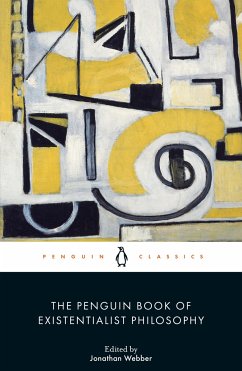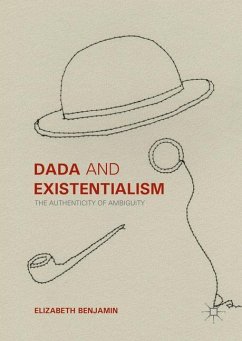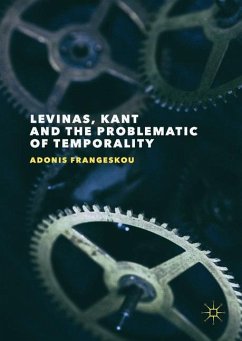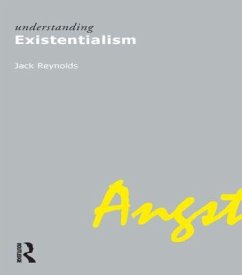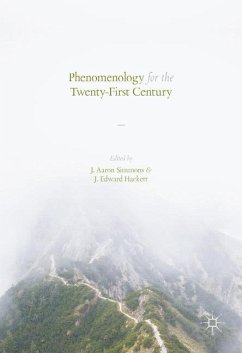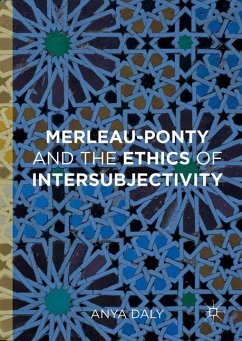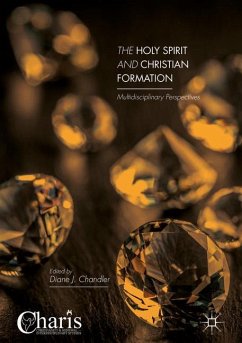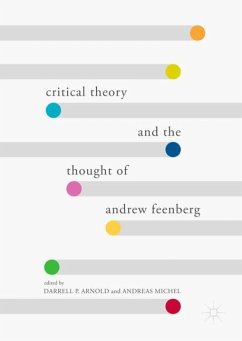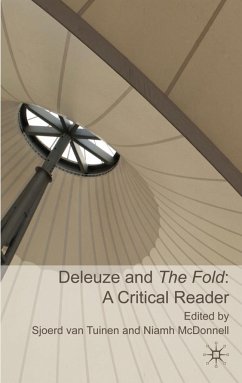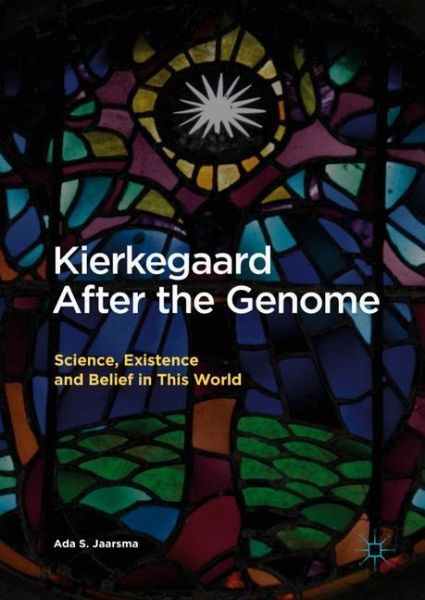
Kierkegaard After the Genome
Science, Existence and Belief in This World
Versandkostenfrei!
Versandfertig in 6-10 Tagen
65,99 €
inkl. MwSt.
Weitere Ausgaben:

PAYBACK Punkte
33 °P sammeln!
This book brings Søren Kierkegaard's nineteenth-century existentialist project into our contemporary age, applying his understanding of "freedom" and "despair" to science and science studies, queer, decolonial and critical race theory, and disability studies. The book draws out the materialist dimensions of belief, examining the existential dynamics of phenomena like placebos, epigenetics, pedagogy, and scientific inquiry itself. Each chapter dramatizes the ways in which abstractions like "race" or "genes" and even "belief" are sites of contested practices with pressing political significance...
This book brings Søren Kierkegaard's nineteenth-century existentialist project into our contemporary age, applying his understanding of "freedom" and "despair" to science and science studies, queer, decolonial and critical race theory, and disability studies. The book draws out the materialist dimensions of belief, examining the existential dynamics of phenomena like placebos, epigenetics, pedagogy, and scientific inquiry itself. Each chapter dramatizes the ways in which abstractions like "race" or "genes" and even "belief" are sites of contested practices with pressing political significance. Focusing on the existential dangers posed by neo-liberal and finance capitalist systems, the book brings to life the resources for resistance found within science studies and critical approaches to race, secularity, and disability. Throughout the book, Kierkegaard becomes an ally with ecological and developmental evolutionary theorists, as well as with science studies, critical race, andcrip theorists who foreground the relational and impassioned nature of existence.




